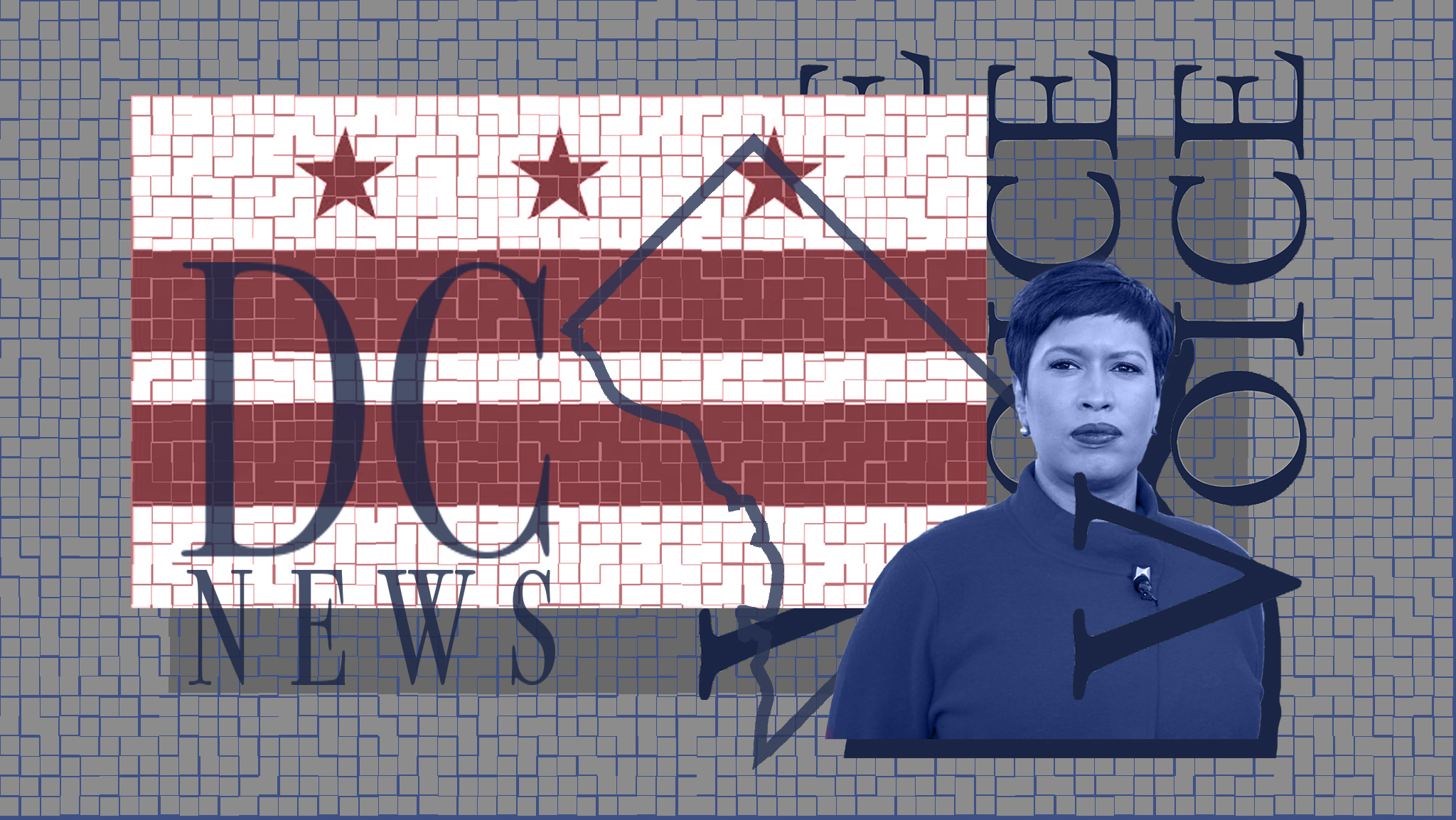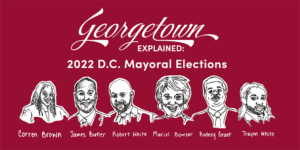After a long series of setbacks, restaurant workers rejoice as a new effort is slated to abolish an exception to D.C. minimum wage laws. Formally titled the District of Columbia Tip Credit Elimination Act of 2021, the new ballot initiative would require employers to pay tipped workers the minimum wage of $15.20 instead of their current $5.05 wage. According to Ryan O’Leary, one of the key advocates for the initiative, it is slated to gain the signatures necessary to be put up as a city-wide referendum along with either the primary or general mayoral election in June or November of this year respectively.
Initiative 82, the shorthand for the Act, is not the first attempt to eliminate the sub-minimum wage in D.C. In 2018, a nearly identical proposal named Initiative 77 was put up to referendum. Initiative 77 passed by a 10-point margin in the city, with the most resistance coming from restaurant owners and the whiter and richer residents of Wards 2 and 3 in northwest D.C. Although the campaign amounted to a resounding victory, the D.C. Council repealed Initiative 77 a few months after it was passed. While the council included in the repeal bill several provisions to try to assuage the concerns of frustrated restaurant workers, such as a hotline to report wage theft and mandatory sexual harassment training, these measures were never funded and did not take effect.
Despite the repeal, D.C. leadership now appears willing to consider the new initiative, according to O’Leary. New council members who support the initiative, including Christina Henderson, an at-large council member, and Janeese Lewis George from Ward 4, have replaced members who voted to overturn Initiative 77. In addition to a more favorable council, O’Leary noted that the restaurant industry responsible for an aggressive astro-turf campaign in 2018 has put up far less resistance now.
“Covid happened. Not only have servers recognized what their worth is and what they’re willing to take or put up with on the job, not only have restaurants individually started noticing how much wage shortage there is and how difficult it is to hire,” O’Leary said, “but also the restaurant industry itself, RAMW (Restaurant Association of Metropolitan Washington), has come to us basically saying we don’t want to fight this again.”
Advocates for Initiative 82 describe how instituting minimum wage is vital to improving the welfare of restaurant workers in D.C. Aiai Price-Smith (COL ’24), who worked a sub-minimum wage tipped job in the Georgetown area, described her experience in the industry. “I don’t know my coworkers’ situation, but I can’t imagine paying for anything near D.C.,” Price-Smith said.
Tipping culture was born out of a legacy of racism and still makes marginalized communities vulnerable, according to community activists. The practice of tipping, adopted from European tradition, was popularized by white employers seeking to avoid paying Black workers following the end of slavery. The national sub-minimum wage was later codified into law and last raised by congress in 1996 to $2.13, where it remains today. While D.C. has a somewhat higher sub-minimum wage at $5.05, it is still less than a third of the minimum wage. Initiative 82 is extraordinarily popular among restaurant workers, 88 percent of whom support the initiative.
Today tipping culture continues to put marginalized communities at a disadvantage. “Women, people of color [and] trans women and men routinely make less money than someone who looks like me in tips,” O’Leary, who is a white man, said. “At the very heart of this is wage discrimination.” He also noted how dependence on tips can lead to situations where servers endure harassment from customers just to ensure a tip is given.
Critics of the initiative have warned that the new rules would disincentivize tipping in general. Others have claimed that paying the minimum wage would cause restaurant prices, which are already under inflationary pressure, to skyrocket and cause small restaurant owners to suffer. “Initiative 82, I believe, will increase the operational cost of running a restaurant. As a result, small operators will be forced out in favor of large corporate chains,” Greg Casten, one restaurant owner, said in an opinion piece. One study calculated that while any menu price increases would vary depending on the current wages paid to workers, most increases would be modest and at most 20 percent.
According to O’Leary, most research shows that many of these concerns are not founded in reality. States that have phased out the sub-minimum wage are practically devoid of any of the alleged consequences described above. Data shows that tipping is generally unaffected by changes in the sub-minimum wage and is fairly consistent throughout the country. In fact, these states actually have reduced both poverty and wealth inequality.
“The practical reality of our tipping culture says otherwise: ask yourself, have you ever asked your server what her base hourly wage was to determine the amount that you plan to tip her? Of course not,” Mary Cheh, Ward 3 city council member, wrote after the campaign to repeal Initiative 77 in 2018.
O’Leary added that restaurants in the eight states that don’t have a sub-minimum wage fared better during the pandemic, experiencing fewer closures than in places such as D.C. One Fair Wage, a national advocacy organization, has published a list of 85 restaurant employers in D.C. that are able to successfully provide their employees with at least the minimum wage, demonstrating that eliminating the sub-minimum wage is more than possible.
“We’ve sat at the current sub-minimum wage for 30 years, prices have gone up annually for 30 years in restaurants, and so I always feel a little sus when a business tells me when they won’t be able to afford something,” O’Leary said. “Your employees can be some of your best customers if they could afford to eat there.”
O’Leary also spoke about how Georgetown students could help support the law by simply registering to vote in D.C. He also noted that if students wanted to get more involved, they could sign up to become ballot petition signature collectors and get paid for each signature.








As a tipped employee who makes 2.13 an hour and relies on tips what about the patrons who do not leave a tip at all? Patrons are not required to tip so is it ok to not leave a tip at a restaurant where you received good service?